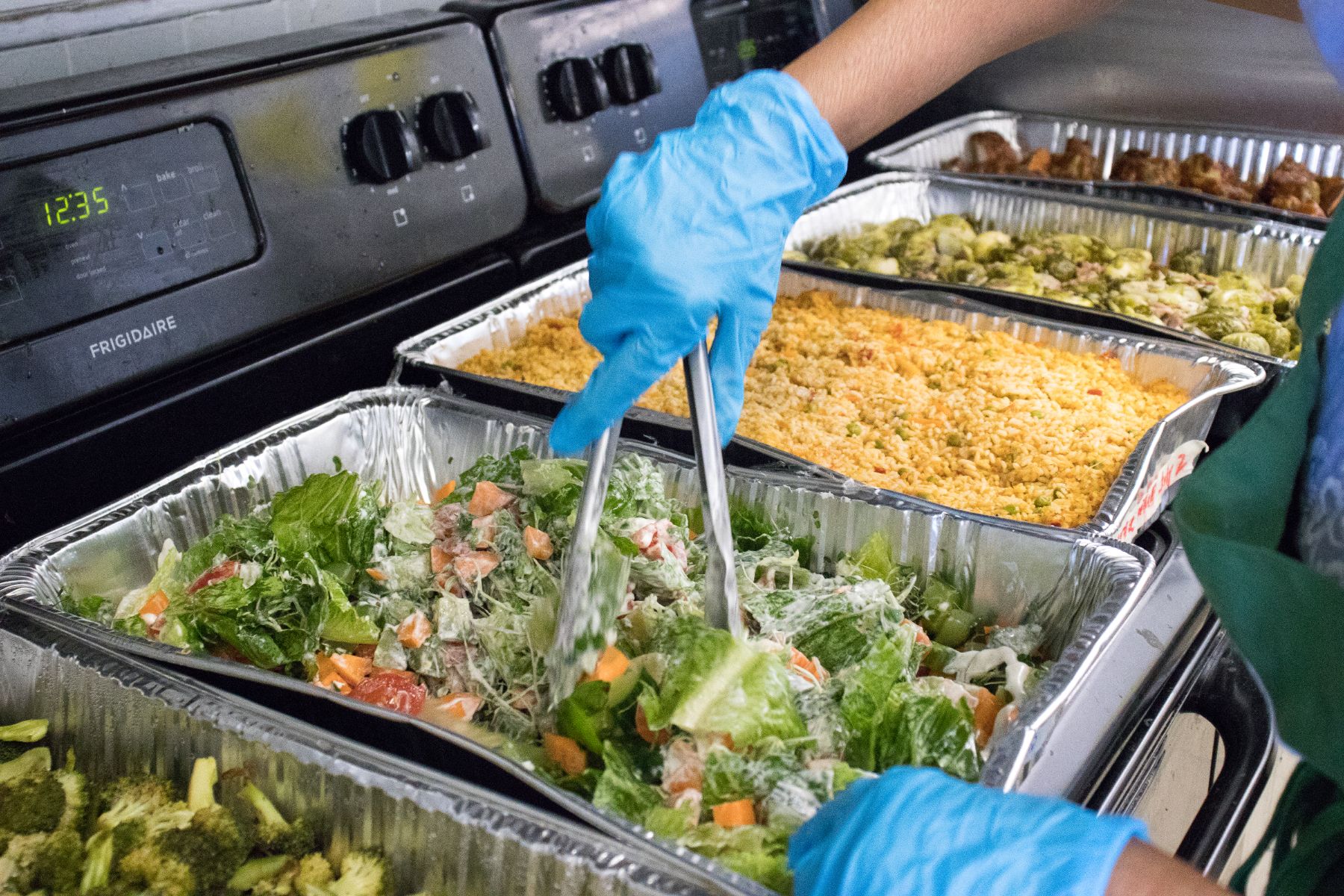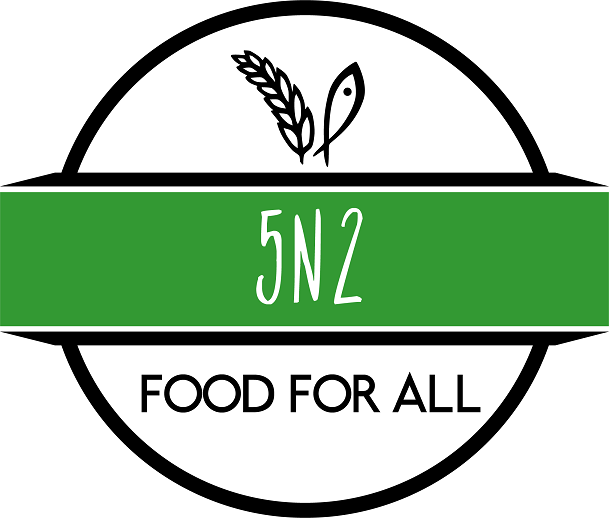 We all know that cars and carbon dioxide are significant contributors to greenhouse gases in the atmosphere, but who would have thought that food waste has also been heating up our planet?
We all know that cars and carbon dioxide are significant contributors to greenhouse gases in the atmosphere, but who would have thought that food waste has also been heating up our planet?
Here are three quick facts about food waste in Ontario:
1. According to the Environment and Climate Change Canada, 58% of Canada’s food is wasted. This is 35.5 million tonnes of wasted food! However, up to ⅓ of it can be rescued and redistributed as healthy meals.
2. Over 60% of Ontario’s food waste is sent to landfills
3. Ontarians alone generated nearly 3.6 million tonnes of food waste in 2019, or a little over 10% of all the food wasted in Canada.
Decomposing food in landfills releases a gas called methane, which is 28 times more potent than its more famous cousin, carbon dioxide. Methane is much more effective at trapping heat within the atmosphere, and we must be very mindful of it.
While feeding the community, our food rescue initiative saves methane from cooking our planet. Greenhouse gases know no borders, and 5n2’s food rescue is a part of a global effort to sustain our planet for generations to come.

Terrific work! This is the type of information that should be shared around the web. Shame on Google for not positioning this post higher! Come on over and visit my website . Thanks =)